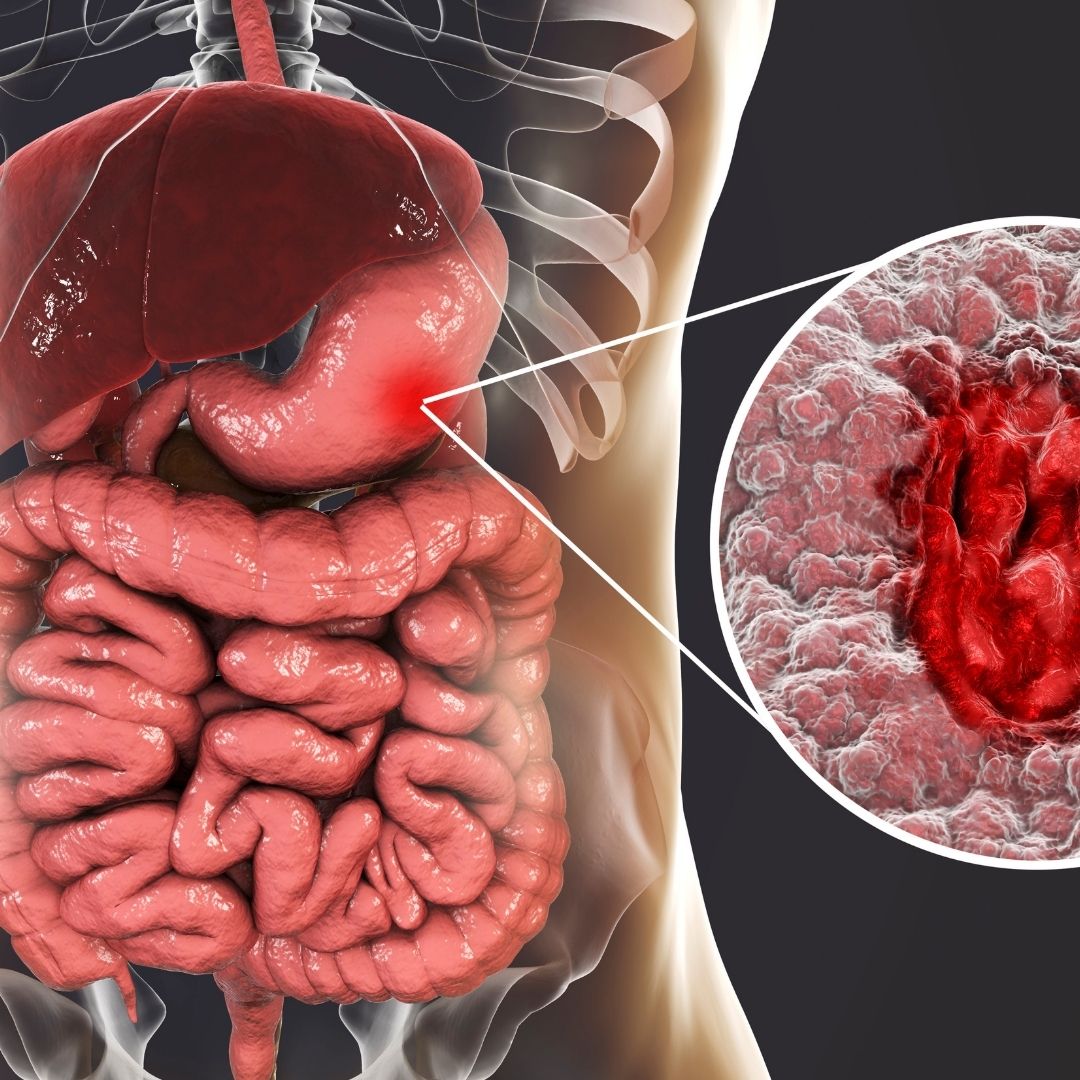
Plastic Surgery After Weight Loss Procedure
A massive weight loss is a lifetime success that requires great commitment, motivation, and discipline. It restores health, improves the quality of daily life, and totally changes physical appearance. So, why might there be a need for plastic surgery after weight loss or plastic surgery after weight loss surgery? Well, those who have lost dozens, sometimes hundreds, of excessive kilograms might struggle with loose skin.
Obesity is generally the result of long-term actions. A sedentary lifestyle, an unhealthy diet rich in fast foods, and self-neglect, so the skin stretches over years of having weight. Weight loss is generally a shorter process than weight gain, so it is no wonder there is loose skin after weight loss surgery in Turkey.
When patients struggle with loose skin after weight loss surgery, aesthetic medicine can help. Plastic surgery is the last solution for loose skin weight loss. It is suggested when strength training, massages, diet tricks, and cosmetic procedures are ineffective and when people who have lost weight feel uncomfortable and unattractive with excessive skin. Particularly concerning is loose skin after weight loss surgery when there has been a dramatic weight loss in a short time. The good news is that plastic surgeries have been tried and tested. They generally bring the desired consequences.
What Is Body Sculpting/Body Contouring?
Gaining an important amount of weight can affect your skin. Over time, the skin slowly stretches to accommodate the deposit of fat tissue. If you lose a lot of weight, that excess skin may not spring back into place. Weight loss might cause stretch marks and extra skin folds on your lower stomach, arms, thighs, chin, and breasts. Body contouring, also known as body sculpting, is a surgical procedure that displaces the loose skin that is left after weight loss and improves the shape and tone of your body’s tissue.
How Is Plastic Surgery After Dramatic Weight Loss Performed?
You first require to tell your specialist at Healthy Türkiye your aesthetic goals. Your expert doctor will then recommend the procedures that will help you reach your goals and give you a realistic picture of what those procedures can do for you. Sometimes your specialist will suggest completing multiple procedures at the same time, while other times, your specialist might recommend a staggered approach. Because each procedure can impact the outcome of the next, your aesthetic plastic surgeon will carefully plan out the order of surgical procedures to achieve the best possible consequences while remaining safe.

Who Is a Good Candidate for Body Contouring?
If you lost a large amount of weight through weight loss surgery or diet and exercise, you may be a good candidate for body contouring surgery. Body contouring works best when you’ve been at a stable weight for a few months. Patients who have this procedure are generally mentally and physically healthy, but excess skin hampers their overall well-being. To qualify for body contouring surgical operations, you should have:
Completed weight loss surgery at least 18 months ago, if that was your weight loss method
Stable weight for at least six to seven months
Lost 100 pounds or more, a body mass index (BMI) less than or equal to 30, or weight loss less than or equal to 40 percent
A documented history of chronic, repeating symptoms due to excess skin for at least three months
Ideal Body Contouring Procedures After Weight Loss
Body contouring after weight loss is very individual and will depend on what parts of your body you need to target. While each procedure focuses on one main part of the body, these procedures can be combined, such as in a mommy makeover, to address multiple parts at once. The top surgical plastic surgeries after weight loss include:
Tummy Tuck
A tummy tuck addresses your midsection. When you carry excess weight, your skin tightens, and your abdominal muscles stretch and weaken. During a tummy tuck in Turkey, the surgeon is able to extract excess abdominal skin and tissue, as well as tighten abdominal muscles. This aids in restoring a more toned and flattened abdomen, which helps to accentuate your new curves. Generally, your surgeon might suggest adding liposuction to your tummy tuck to remove sites of stubborn fat and further improve your results.
Breast Lift
Breast ptosis, or sagging of the breasts, is most common after significant weight loss. Breast lift surgery aids in lifting and repositioning the breasts and nipples, raising the breasts to their natural position on the chest, and giving you a more youthful and toned look.
Facelift
Significant weight loss can contribute to changes in your face and neck that might make you appear older. Sagging skin on the face, neck, and jowls can contribute to an aged look. A facelift or neck lift can help remove this excess skin and give you back a more youthful look. In addition, if weight loss and aging have contributed to the reduced facial volume, fat transfer during your facelift can help to restore the fullness of your face.
Arm Lift
Whether due to weight loss or aging, excess skin on the arms contributes to bat wings, making many persons self-conscious when it comes to wearing tank tops or short-sleeve shirts. Arm lift surgery aims to remove that excess skin and tissue, giving your upper arms a smoother and more defined look and eliminating the bat wings.
Buttock Enhancement
Sometimes weight loss takes volume away from areas where you want a fuller appearance. While the weight loss lets you return to your favorite jeans, maybe your butt is looking a little flat. Buttock enhancement can give you the curves and volume you want and will fill out your favorite jeans perfectly.
Thigh Lift
Excess skin on the upper thighs that can occur after weight loss generally leads to uncomfortable chafing when you walk or exercise. A thigh lift removes this excess skin from the upper and inner thighs, helping to give you a more toned look.

How Do I Prepare for Plastic Surgery After Weight Loss?
Your specialist will provide thorough preoperative instructions, answer any questions you might have before your plastic surgery, take a detailed medical history, and perform a physical exam to determine your fitness for surgery.
Lose weight or make a lifestyle change to ensure the best consequences and minimize the chance of complications. You should be at a stable, dependable weight before your body contouring. It is a good idea for your aesthetic plastic surgeon to consult with your bariatric surgeon before surgery to determine if you have achieved your final weight plateau.
You should stop smoking before undergoing surgery to promote better healing. Your surgeon will tell you how far in advance of your surgery you should stop.
You should avoid taking aspirin, certain anti-inflammatory drugs, and some herbal medications that can cause increased bleeding.
Prepare meals that you can simply reheat. Stock your refrigerator before your surgical operation with high-protein, low-sodium foods, including fresh fruits and vegetables, and lots of caffeine-free beverages and water. You should avoid food and drinks containing salt during your recovery.
Store all the supplies you will need during recovery where they’re easily accessible (counter level, not in overhead or very low cabinets). You might have a limited range of motion after your surgery. Stockpile items like your phone, chargers, TV remote, and anything else you might require by your bed. Prepare your bed with the necessary pillows you might need for support.
Get all of your chores out of the way before plastic surgery so you might recuperate with as little worry as possible. You should not be lifting, driving, doing laundry, or cleaning during your recovery from most of these procedures.
Whether your surgical operation is performed on an inpatient or outpatient basis and whether you stay overnight at a recovery center depends on many variables. Your board-certified aesthetic plastic surgeon will evaluate your medical problems, the details of your surgery, the length of time your surgery takes, and the availability of a caregiver to determine the best plan for you.
What to Expect
It’s important for patients to be close to their goal weight before plastic surgery. Maintaining a steady weight for at least four to six months before having this type of surgery is a major consideration.
Our first step in working with patients in different countries is to discuss their expectations and provide information about what can be offered through plastic surgery. We then tailor procedures based on their objectives, anatomical necessity, and overall health. Suggestions can include options to target one or more problem sites on the body, such as the face, neck, arms, abdomen, buttocks, back, or thighs.
Patients who have lost large amounts of weight will need adequate nutritional support prior to any surgery because key wound-healing nutrients can be low in this population. We have expert doctors who can provide this support and help our patients optimize their weight prior to surgery.
General anesthesia is needed for these surgical procedures, and they may sometimes require observation overnight in the hospital. Recovery time varies, depending on which procedure or procedures are conducted. Our expert team at Healthy Türkiye guides the patient through expectations and is there to assist during the postoperative period.
With proper diet and exercise, the consequences of body contouring and cosmetic surgery procedures after massive weight loss can be life-changing for our patients. Patients can gain the freedom to wear better-fitting clothing, participate in activities they were previously unable to, and increase their self-confidence so they can reach their full potential in their lives.
The Study of Plastic Surgery After Weight Loss
A recent study published in the Journal of Reproductive Medicine conducted a comprehensive analysis of over 1,000 couples experiencing infertility. The study found that irregular ovulation was a significant factor in 68% of cases, highlighting the importance of consistent ovulation in achieving pregnancy. Additionally, the study emphasized the influence of age on female fertility, showing that women over the age of 35 faced a 42% higher risk of infertility due to declining egg quality.
How Long Does It Take To Recover From Plastic Surgery After Dramatic Weight Loss?
Your expert doctor will let you know how long it will be before you can come back to your normal level of activity and work. Your specialist will also give you and your caregiver detailed instructions about your postoperative care after your plastic surgery, including information about:
Drains, if they have been placed
General symptoms you will experience
Possible signs of complications
Follow all the patient care instructions your surgeon delivers. This involves information about wearing compression garments and the level of activity that is safe for you. Your expert doctor will alert you to the signs of issues to watch for, such as signs of infection. It is also significant to know that the amount of time it takes for recovery varies greatly among individuals.




